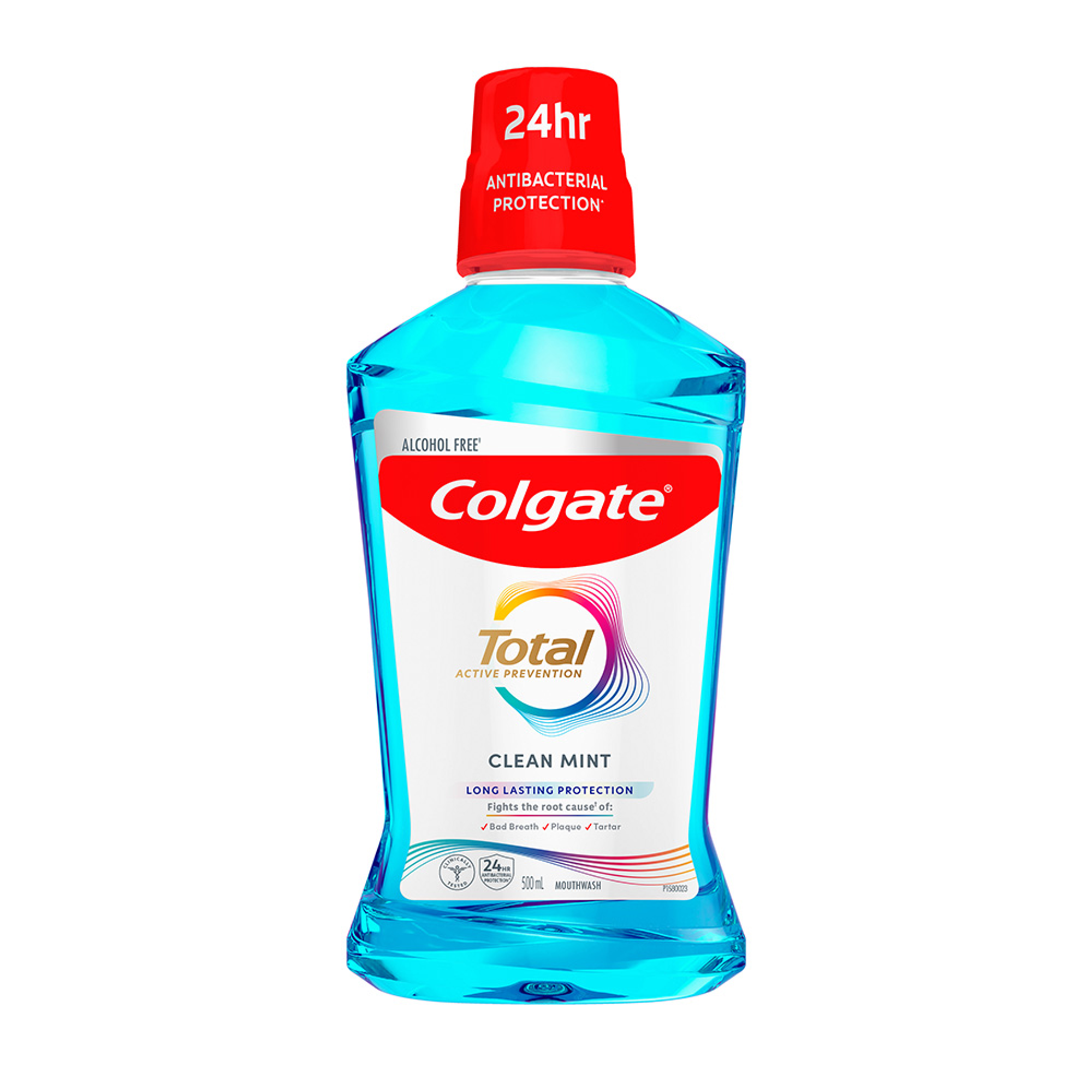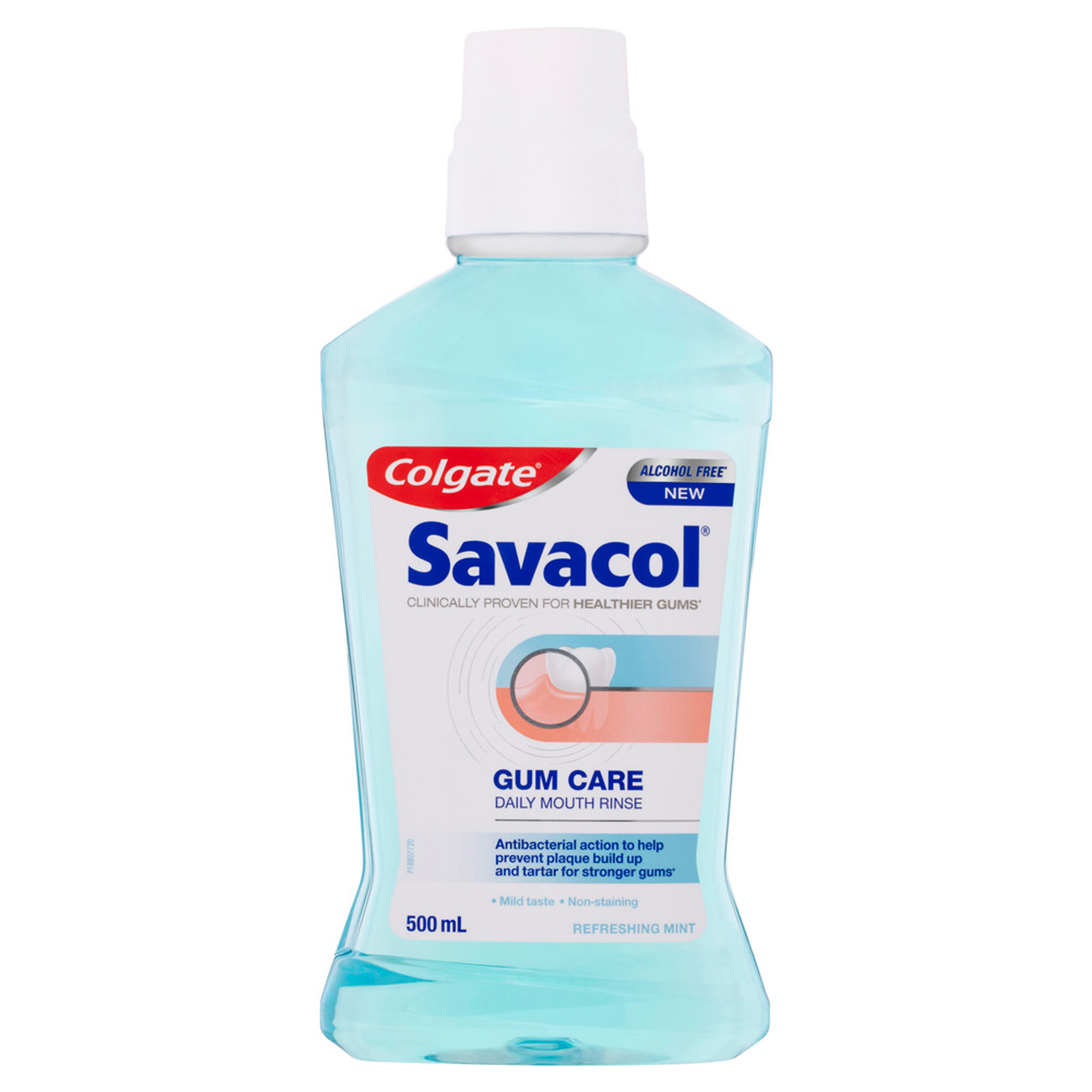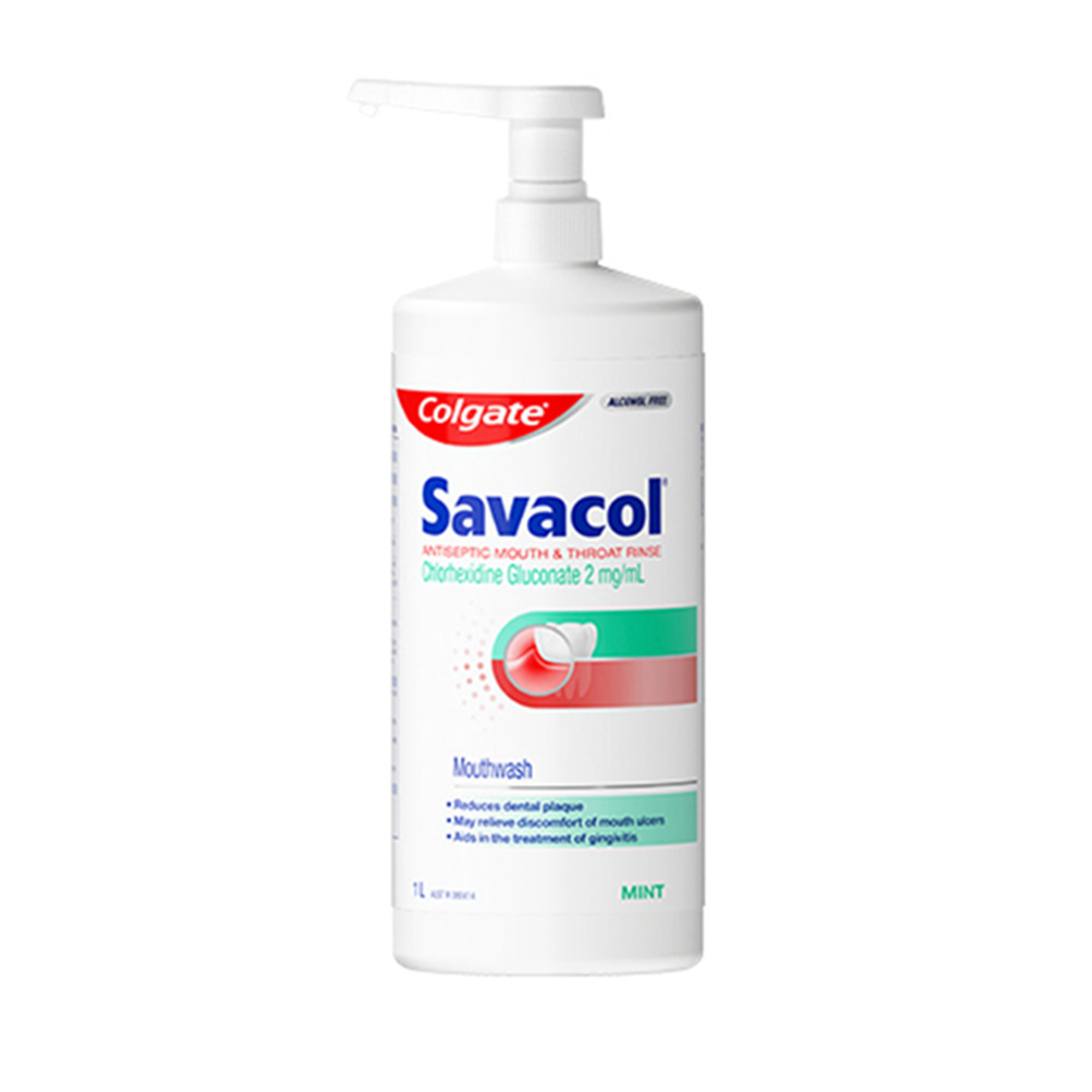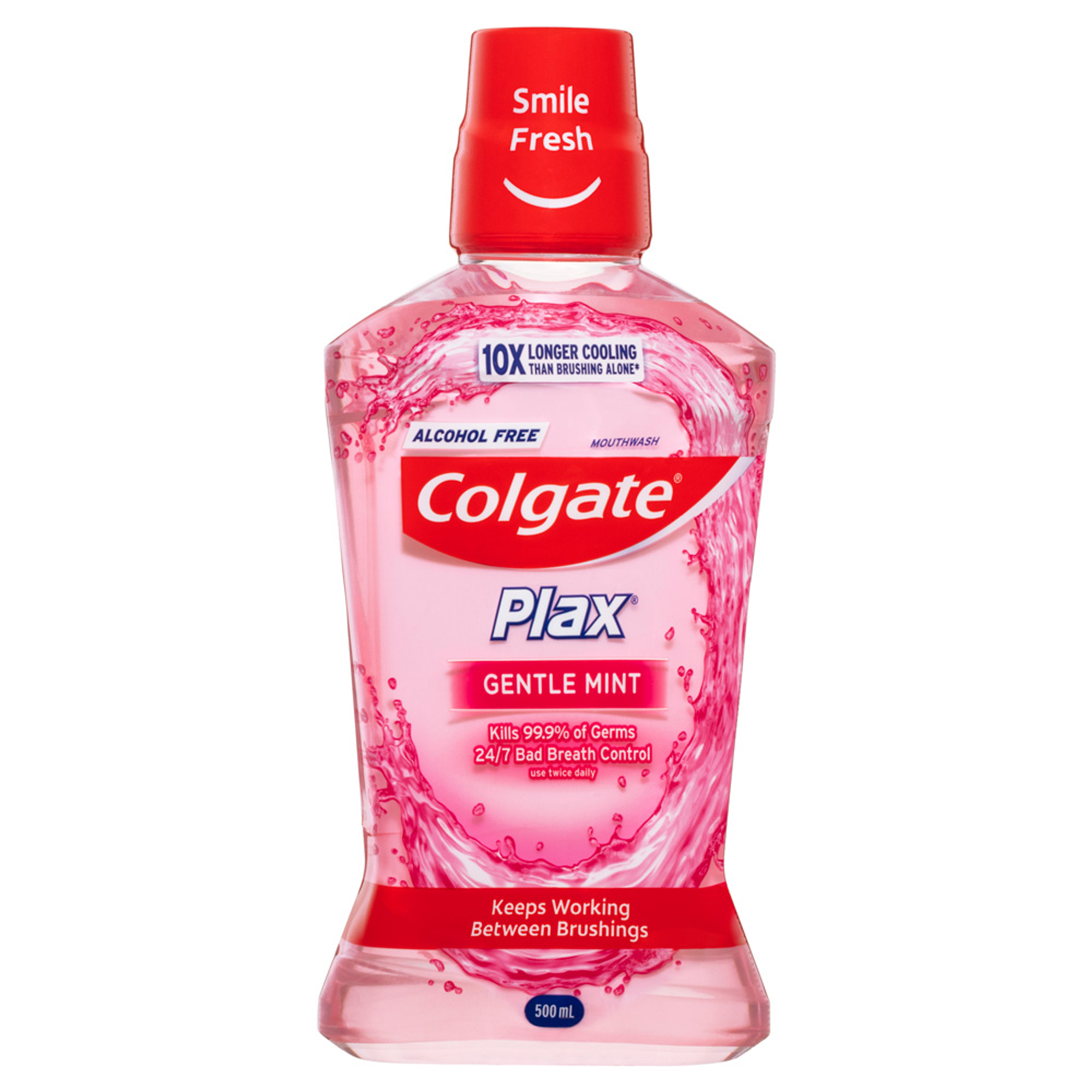
Health professionals are expected to care for others. Therefore, having a chronic medical condition such as arthritis, diabetes or mental health issues can be challenging and isolating. Health professionals may face lack of support from employers, many experience discrimination and stigma, or supervisors/mentors may make it difficult to manage the chronic condition due to lack of understanding. These unique challenges may be difficult to face but they don’t have to stand in the way of a successful career in dentistry. In fact, many dental professionals with chronic conditions have found ways to not only manage their health, but also thrive in their field. Here are some of my helpful tips for career longevity for dental and oral health professionals facing chronic health issues.
Compartmentalise
Compartmentalisation refers to the process of dividing something into separate sections or categories, often to keep different aspects of something organised or distinct from one another (Psychology Today, 2025). It can also refer to mentally separating different thoughts, conflicting emotions, or parts of one's life so that each doesn't interfere with the others. I found this helpful on stressful and busy days. Focusing on one thing at a time allowed me to concentrate and focus on what is important, which helped me be less overwhelmed. Moreover, it helped manage strong emotions and improve productivity.
Organise your space
Creating an ergonomically-friendly workspace is crucial for any oral health professional, especially those with conditions such as chronic pain, arthritis, or even injuries. Adjusting the height of dental chairs, using ergonomic tools, and ensuring proper lighting can reduce physical strain (FDI, 2021). Many offices are now equipped with adjustable, more supportive chairs and equipment designed to minimise discomfort, making it easier for professionals to work longer hours with less fatigue. If this is not available, there are some simple things you can get to improve functionality in your workplace. Examples include dental loupes, silicone grips for instruments and lumbar support pillows for chairs. I highly recommend consulting with a physiotherapist or an occupational therapist for advice on how to optimise your workspace. Organise your space in a way that will reduce unnecessary or repetitive movements. Learning about ergonomic principles such as chair positioning, patient positioning, posture and wrist/hand position is crucial (FDI, 2021). These will not only minimise injury but also prevent fatigue. Good habits and small adjustments can make a huge difference in long-term health and career longevity.
Support Group
For oral health professionals with chronic conditions, flexibility in work hours and patient schedules can be vital. Many dental practices now offer more flexible schedules to accommodate the health needs of their staff. Working in environments that encourage open communication about health conditions and provide support when necessary can foster a more sustainable and enjoyable work life. Finding support may not always be easy, don’t give up and keep looking. Remember to be patient with others and with yourself. Many chronic conditions/illnesses are invisible. People may initially find it difficult to understand your situation. Work on building strong relationships with employers and colleagues, who can become your main support group.
Motivation
Making the decision to become an oral health professional and help people in our community wasn’t going to be an easy journey. Ignore any backlash that comes after telling others about your condition, cancel the noise and focus entirely on your goals. Find mentors that will help in your journey. I saw my condition as my greatest motivator, it helped me understand what my patients go through and cater for their specific needs. It also made me appreciate working in the dental field, accepting limitations and working hard to learn different ways of doing things. Furthermore, it helped me create a work environment and routine that supported both my health and productivity.
Opportunities
Your health needs may also change over time so it is important to be flexible with your career goals. For some, this may mean transitioning to different roles in the dentistry field such as research, teaching or administrative/policy or management work.
Self-care
The first step to success in any career with a chronic condition is understanding and respecting your own physical limitations. Oral health professionals often push their bodies to the brink, working in uncomfortable positions, performing delicate procedures for hours at a time, and managing high stress. For those with chronic pain, fatigue, or other medical issues, the key is to develop a heightened awareness of when the body is signaling it’s time to rest or adjust. Self-care is an essential element for anyone in the healthcare profession, but it is particularly important for those with chronic conditions. Regular physical therapy, meditation, stretches during work hours, yoga, and stress management techniques can help cope with the demands of the job. Establishing a routine that allows time for rest and recovery can help prevent burnout and help achieve a good work-life balance.
Psychology Today. (2025). Compartmentalization. Retrieved from https://www.psychologytoday.com/nz/basics/compartmentalization
FDI. (2021). Ergonomics and posture guidelines for oral health professional. Retrieved from https://www.fdiworlddental.org/sites/default/files/2021-04/FDI_HSDW_ergonomics_and_posture_guidelines_eng_2021.pdf
Join us
Get resources, products and helpful information to give your patients a healthier future.
Join us
Get resources, products and helpful information to give your patients a healthier future.











